Coexistence with cognitive disease: After all, they are the people we can't forget
Author:WELENS Time:2022.08.25
"Before the memory of memory is disappearing"
With the intensification of society, the group of patients with cognitive dysfunction is becoming increasingly larger. As of 2020, there were 15.07 million cognitive patients in the age of 60 and above in my country. The prevalence of mild cognitive impairment (MIC) of groups at the age of 60 and above was 15.54%, about 37.88 million cases. In 2030, the elderly in my country is expected to reach 22.2 million and 28.98 million in 2050.
Cognitive disease is not a specific disease, but a symptom of cognitive functional damage caused by disease, including Alzheimer's disease, vascular cognitive disease, etc. They are easy to lose, do not know how to wash, unable to recognize their families, and even violent personality, incontinence, and bed in bed. Their families are deeply desperate under the double blow of care burden and economic pressure.
However, the burden of cognitive dysfunction on society and families has not attracted widespread concern, and the popularity of cognitive function -related knowledge is far from enough.
"I don't think she has arrived yet
You can only wait for the degree of death "
Qin's mother -in -law was sitting in a wheelchair, and Alzheimer's medicine who was just taken at noon next noon.
The pills with inhibitory spiritual activity are slowly released in her body. Facing the window, no one knew what she was thinking, perhaps in memories, perhaps just in a daze. "She just sat there, nothing. Maybe one or two hours, or even afternoon." Said grandson Qinhe said.
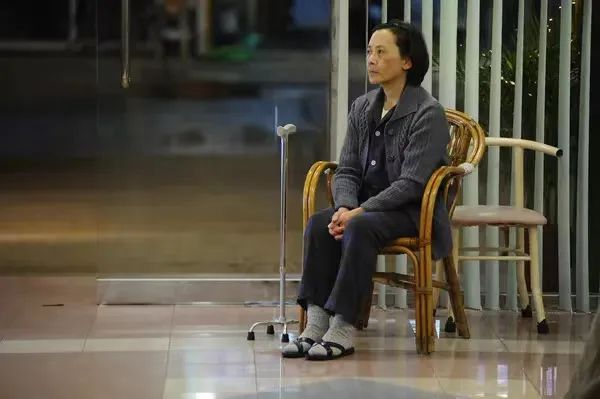
Sister Tao
In 2018, the Qinhe family found that her grandmother had imagination and delusion from time to time, and was soon informed by the hospital that her grandmother had a preliminary symptom of dementia. The invasion of the disease's life has changed from slowly to rapid. When the diagnosis was confirmed, my grandmother could go to the vegetable market to buy vegetables, walk down the ground, and communicate. In the past year, she could only sit in a wheelchair or bed. She gradually did not know her children, and would not be happy because of the grandson coming to the house. Due to emotional instability, several nursing homes were told that "not suitable for living", she was finally taken home and was taken care of by the nanny for 24 hours. Daily life only eats, take medicine and sleep.
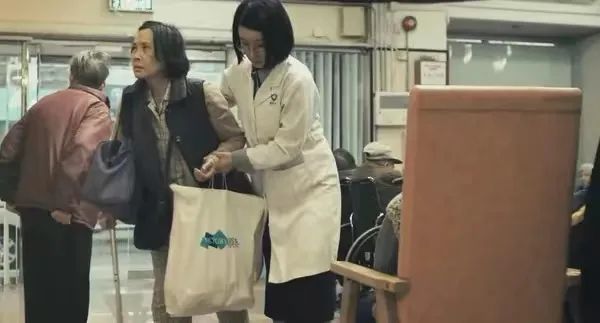
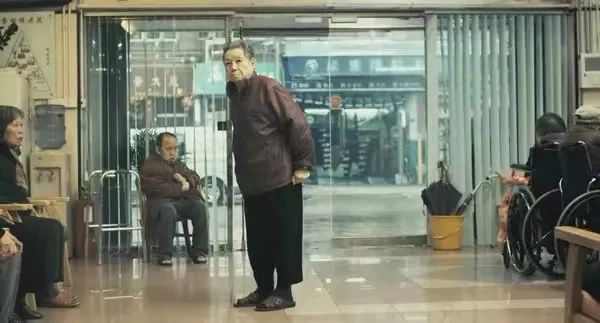
Sister Tao
Qin He is often thinking that if there are professional care and rehabilitation guidance, will the grandmother's illness not be present? He said, "Parents think, 'The old man lay on the bed and let her lie down."
But if I came to take care of my grandmother, I think she has not been able to wait for death, and she can also perform other activities. "
"She doesn't remember me,
But she remembers what I feel. "
Ms. Shen is still looking for the next nanny candidate. Suddenly, she keenly captured her mother's strange mother and pulled it on her pants again. Quick and skilled, Ms. Shen helped her mother change her urine. Since the confirmation of cognitive obstacles in 2013, the nine -year course has allowed mothers to enter disorder from dementia.
As a daughter of the family, Ms. Shen chose to give up the job opportunity of Hong Kong and returned to Zhongshan, Guangdong to help her father care. But taking care of patients' daily living is never a simple matter, assisting toilets, bathing, massage ...

Sister Tao
In 2014, the mother lost, all day and night, and finally was found and recovered by the police at a tourist bus. Since then, they have begun to take their mother to participate in the weekly group rehabilitation activities, and the therapists organize cognitive symptoms to do words and sentences. However, because the feedback was too slow and the effect was almost impossible, Ms. Shen gave up.
In addition to various inconveniences in life, Ms. Shen has been confused for many years -after illness, the most dear and favorite person does not know, and the memory cannot be retained. What is the meaning of life?
"I didn't change until a month ago. Although the old man no longer remembers what you experience, she will remember this person's feelings. Just like I accompany my mother, although she doesn't remember I am with her with her I don't remember I massaged her, take a bath, don't remember that I am her daughter. But I am with her, she has a sense of security, she is very happy. "Ms. Shen accompanied her mother like this, just like her mother accompanied herself when she was a child.
"This is actually enough, I cherish the time I get along with her."
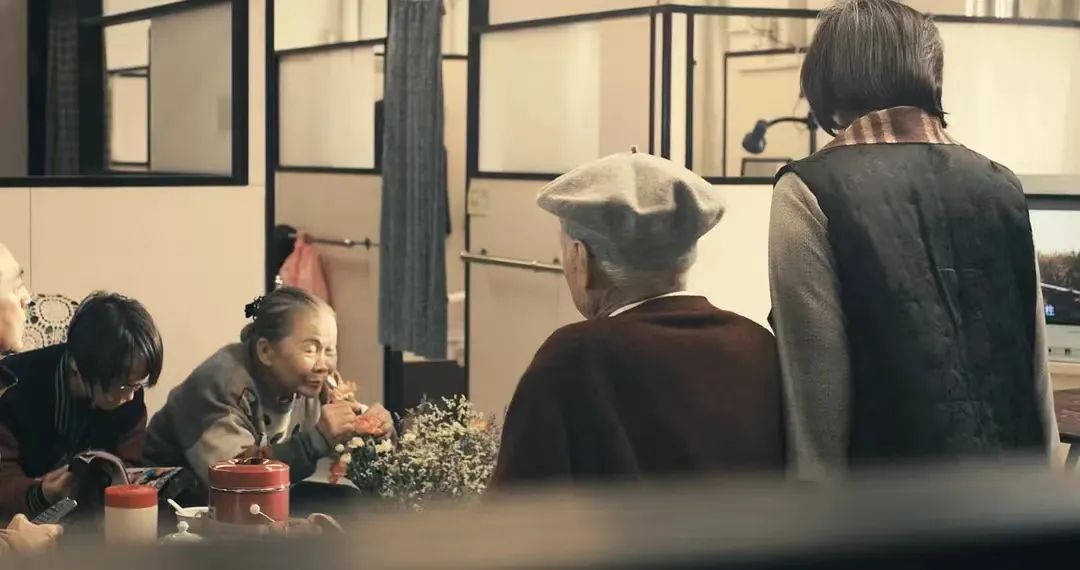
"I see a pity,
I went back to comfort him and comforted each other. "
Because of his wife who had cognitive disease, Aunt Sun from Xi'an suffered from severe anxiety.
Aunt Sun's wife was originally a cadre of retirement and returning. The old couple's old age life could have been very calm. Until one day, an abnormal behavior of my wife attracted the attention of Aunt Sun: after brushing the bowl, my wife did not hold the wife, the wife did not hold the wife. Put the bowl back to the cabinet, but put the bowl in the refrigerator. After going to the hospital for examination, the doctor confirmed her conjecture: Auntie Sun's wife suffered from Alzheimer's disease.

Aunt Sun naturally assumed the obligation to care. When her husband couldn't distinguish the kitchen and care, she reminded repeatedly over and over again; she couldn't travel alone, and she always accompanied. It is not easy to take care of my wife alone. The difficulty of traveling and reimbursement makes her feel that the pressure is heavy.
For several years, Aunt Sun couldn't fall asleep at night without medicine. Fear, the fear of deteriorating the condition of the wife, the fear of losing the ability to take care of the elderly, and the fear of all kinds of uncertainty in the future, she often occupies her mind and makes her not sleep at night.
But my wife's illness sometimes made her feel distressed again: "There are two or three times, I am helpless, I say you want to do this, I said I am going, he was in tears, and I said that I would not go. What a way, I see pity, I go back to comfort him and comfort each other. "

"remember"
"People who can't forget"
Due to the lack of knowledge of cognitive disease, inadequate screening, insufficient information science popularization, high research and development costs, etc., cognitive disease has brought great challenges to patients and family members.
Beginning in May this year, under the guidance of the China Elderly Health Association, Nanjing University School of Journalism and Communication, Tencent Research Institute, SSV silver -haired laboratory, and Tencent Mutual Entertainment Social Value Research Center jointly launched a research on the elderly and families of cognitive diseases.
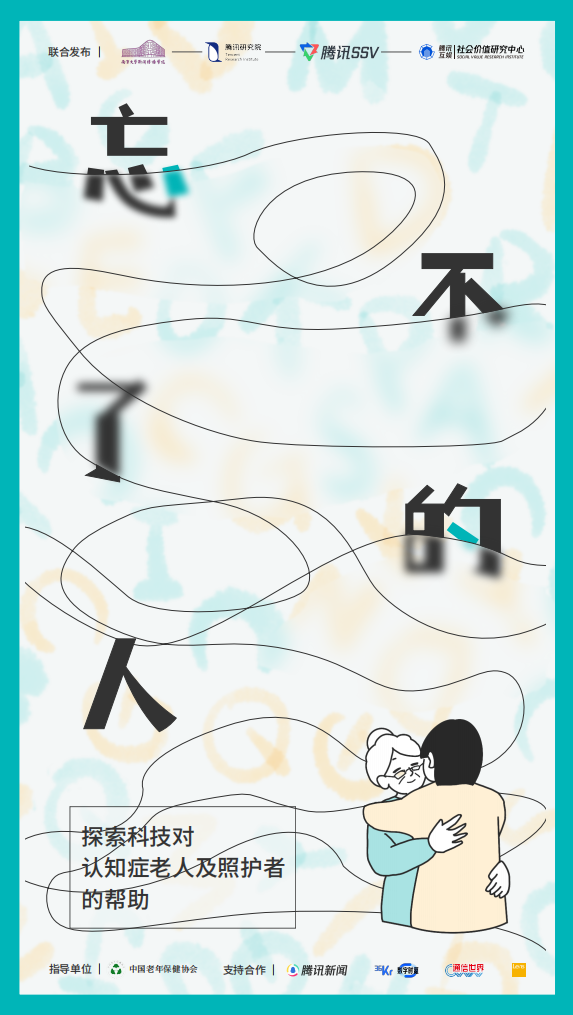
Recently, the Tencent Research Institute released a report of "People Unforgettable". The report adopts the method of online questionnaires and in -depth interviews. Through 24 groups of family documentary stories, 6 groups of character close -ups, and more than 100 uninteresting survey data, it tells various problems facing Chinese cognitive families, and through dozens of experts The interviews have sorted out the challenges of the current society in the face of cognitive diseases and put forward relevant suggestions.
my country has a low accuracy of grass -roots screening of cognitive diseases, and has lack of "gold standards" for long -term lack of local screening. Most of the elderly cognitive elderly people find abnormalities from their families to confirmed, and they usually go through a relatively long cognitive gap (1 to 3 years).
Many cognitive elderly people, due to the difficulties of love, dignity or reality, are unwilling to cause trouble to children, and life needs to be fully guarded in all directions. Therefore, many elderly people have to return to their homes to take care of, bringing long -term life and psychological challenges to their families and families.
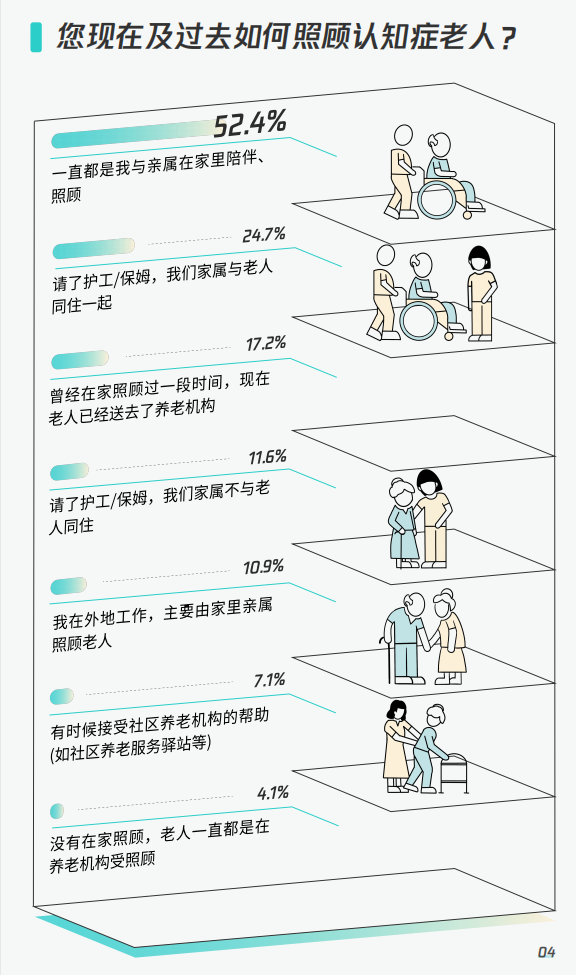
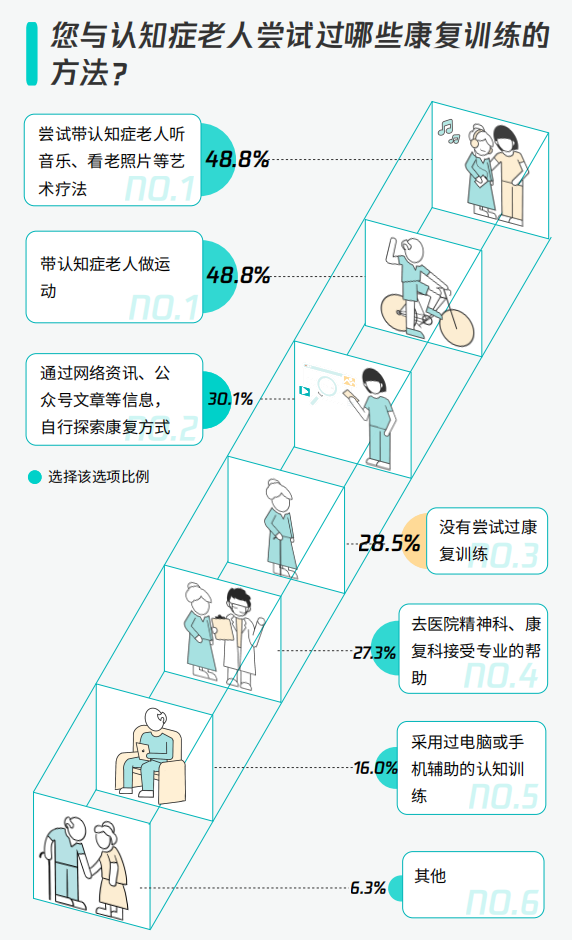
Family members are often burnt in disappointment and concerns, and they will forget that the true and specific elderly people who need to care about it most, not the disease. Careists need more scientific and positive psychological guidance to actively live in a peaceful mood of "accepting and coexisting".
Both patients and family members must learn and cognitive symbiosis. For cognitive disease, the best medicine is accompanied by loved ones. There are not many patients with cognitive diseases, and a hug and familiar environment for family members is enough.
After all, they are the people we can't forget.
Edit: Xiaomeng operation: yun
- END -
The prevention and control of the epidemic cannot be neglected!Beijing Shijingshan District Jinding Street Street inspection "one point and one yard"

On the afternoon of June 21, Jinshan Street Street, Shijingshan District, Beijing ...
The Beijing Radio and Television Bureau held the Capital Documentary Special Survey Conference to help the industry's rescue difficulties

On June 14, Comrade Wang Jiequn, the party secretary and director of the Beijing R...